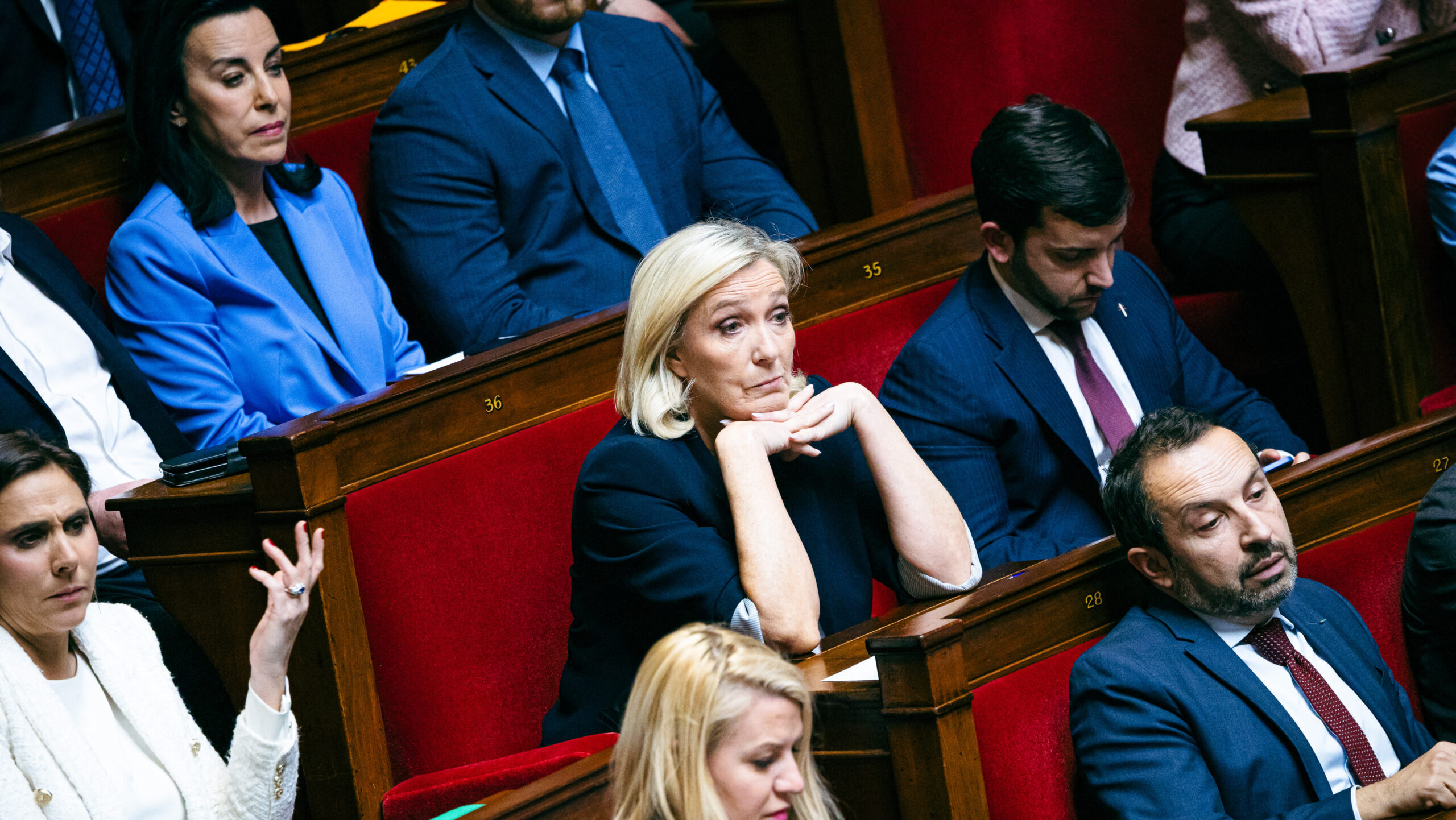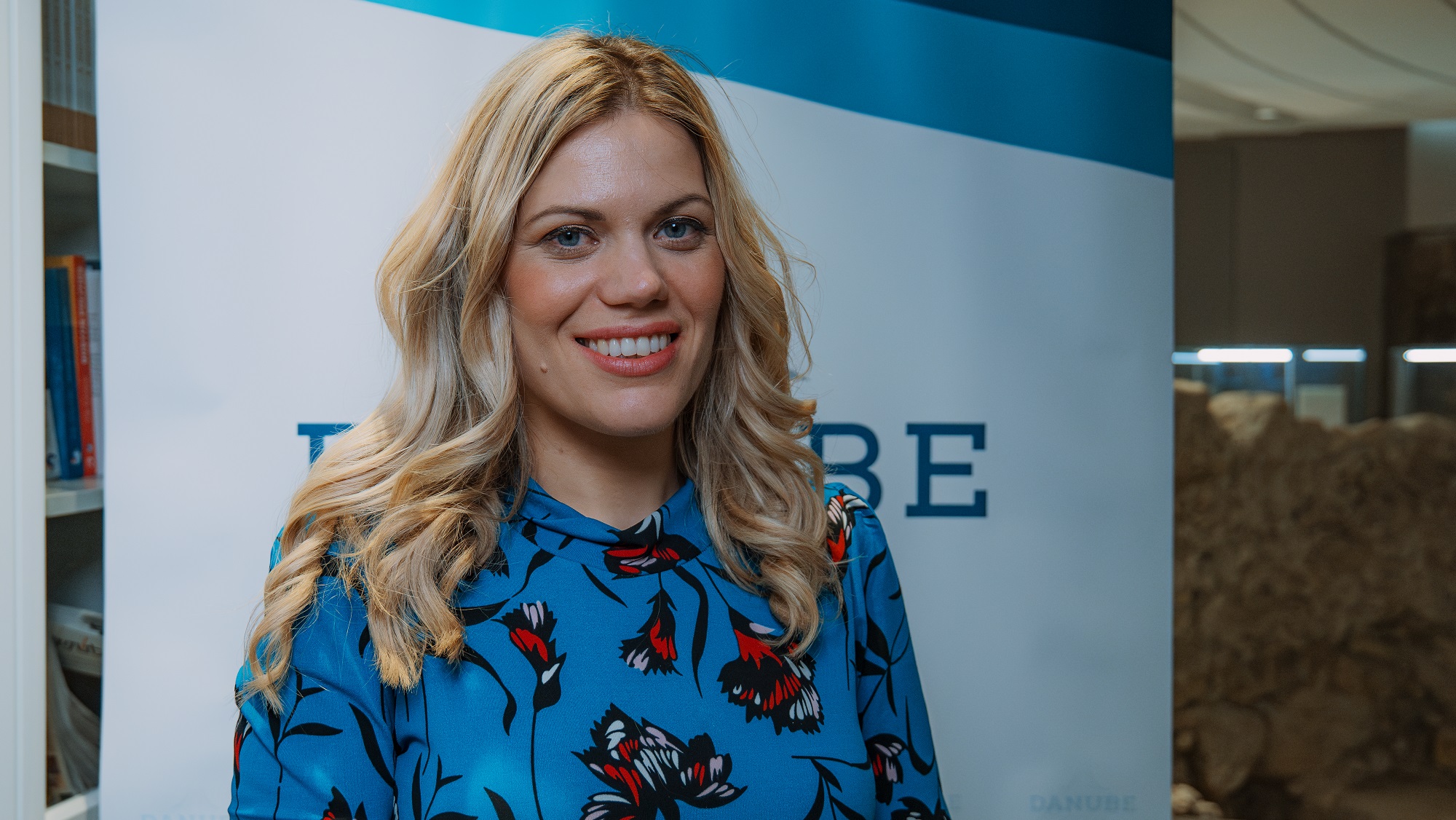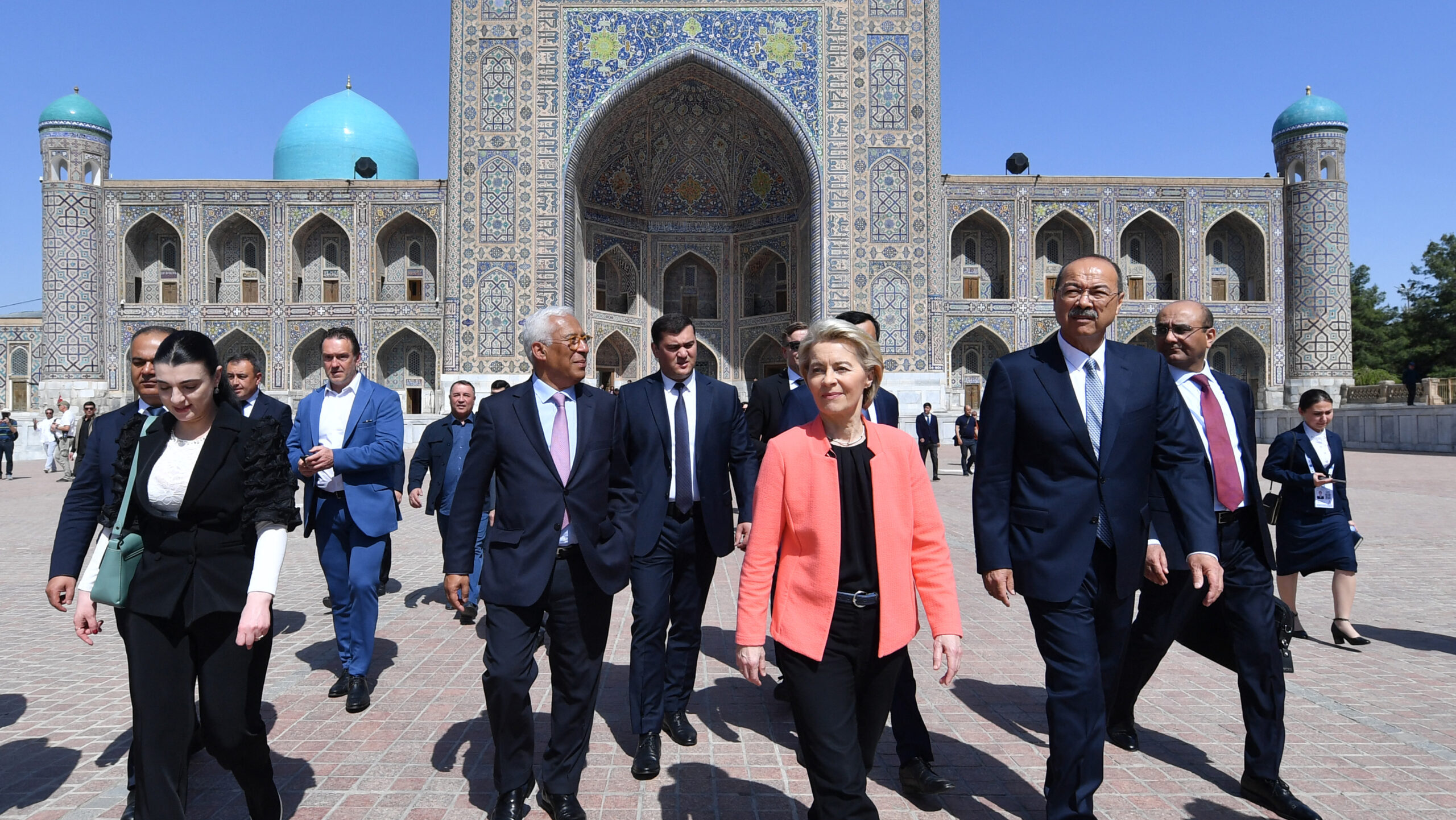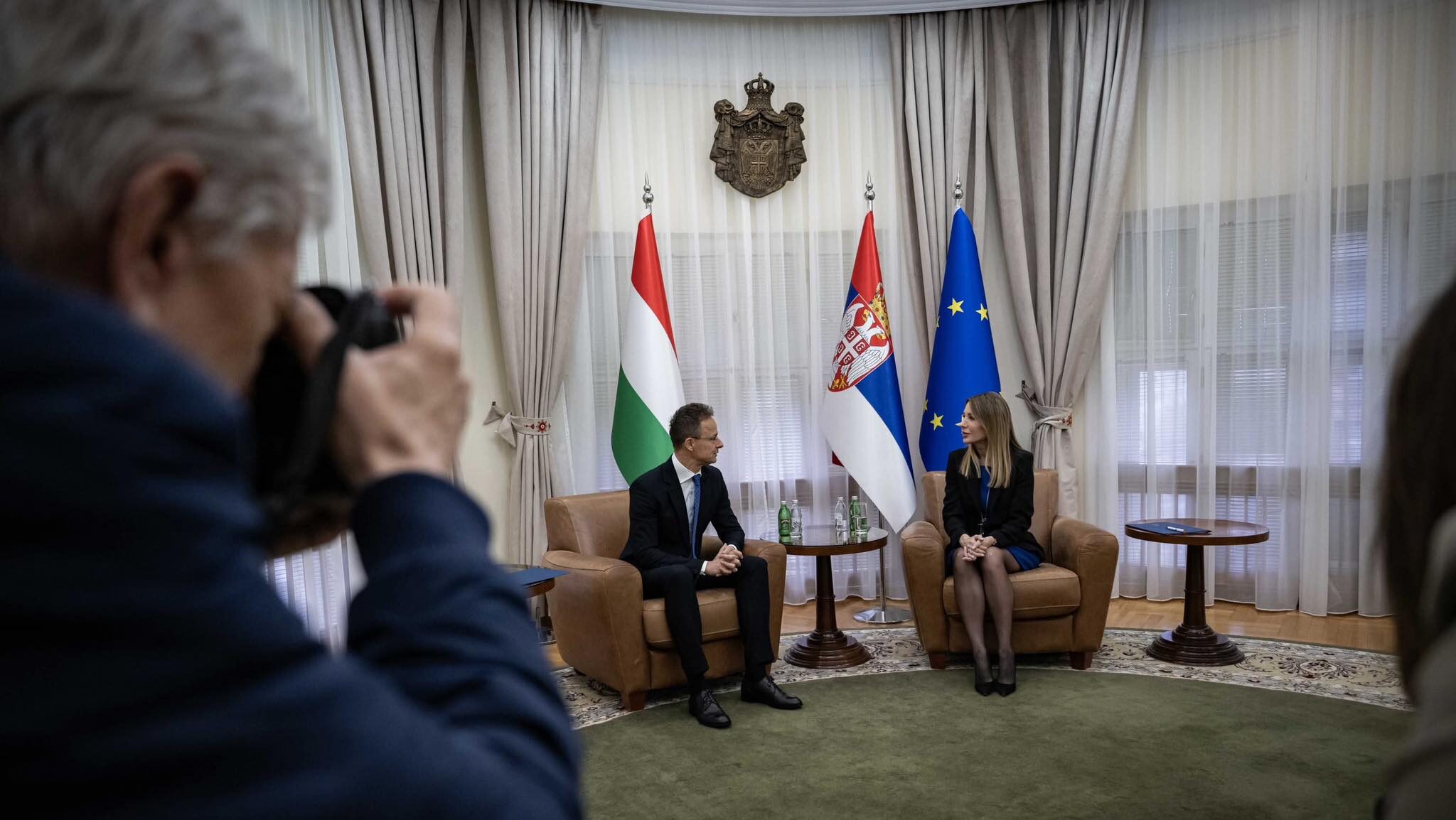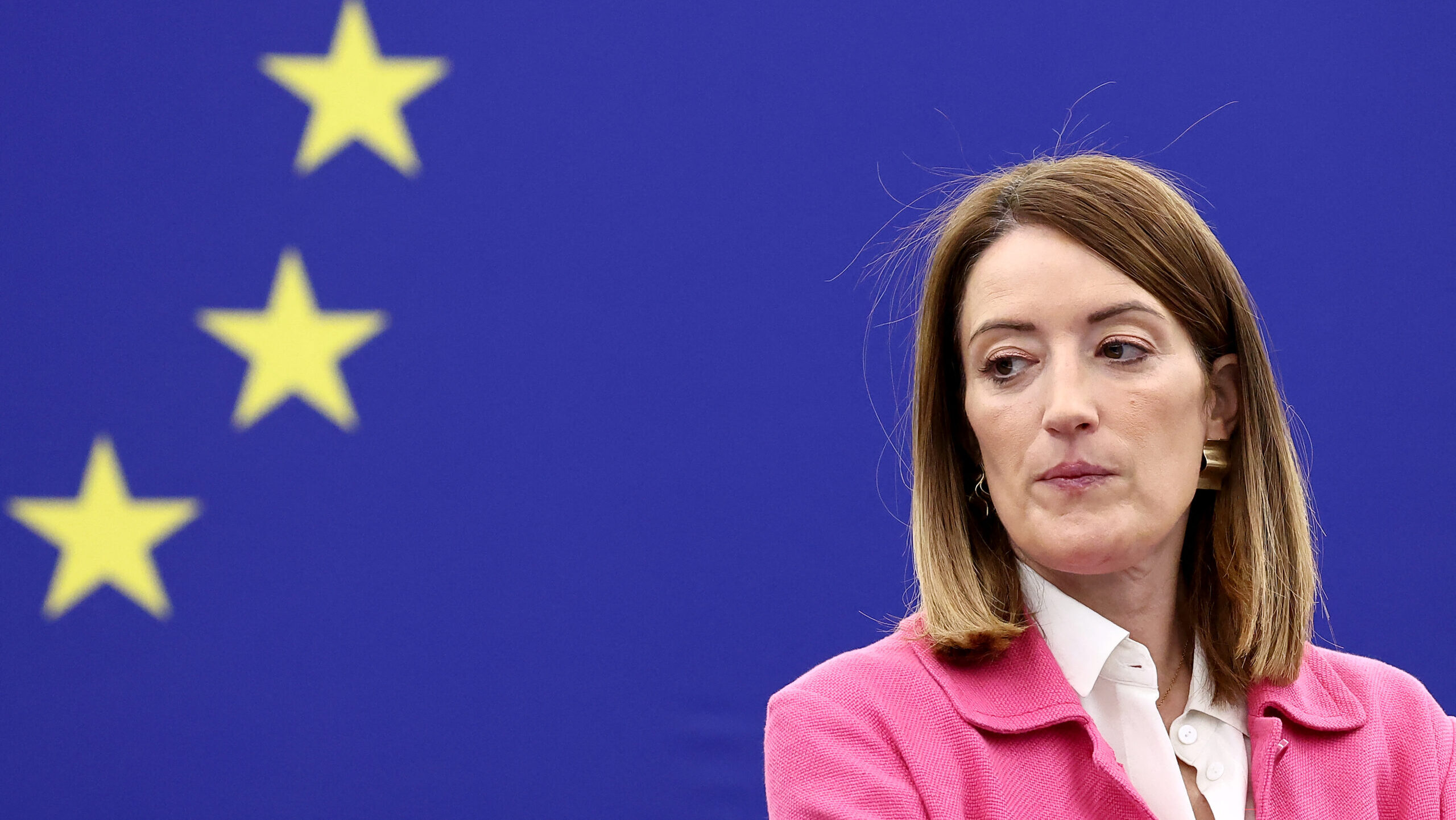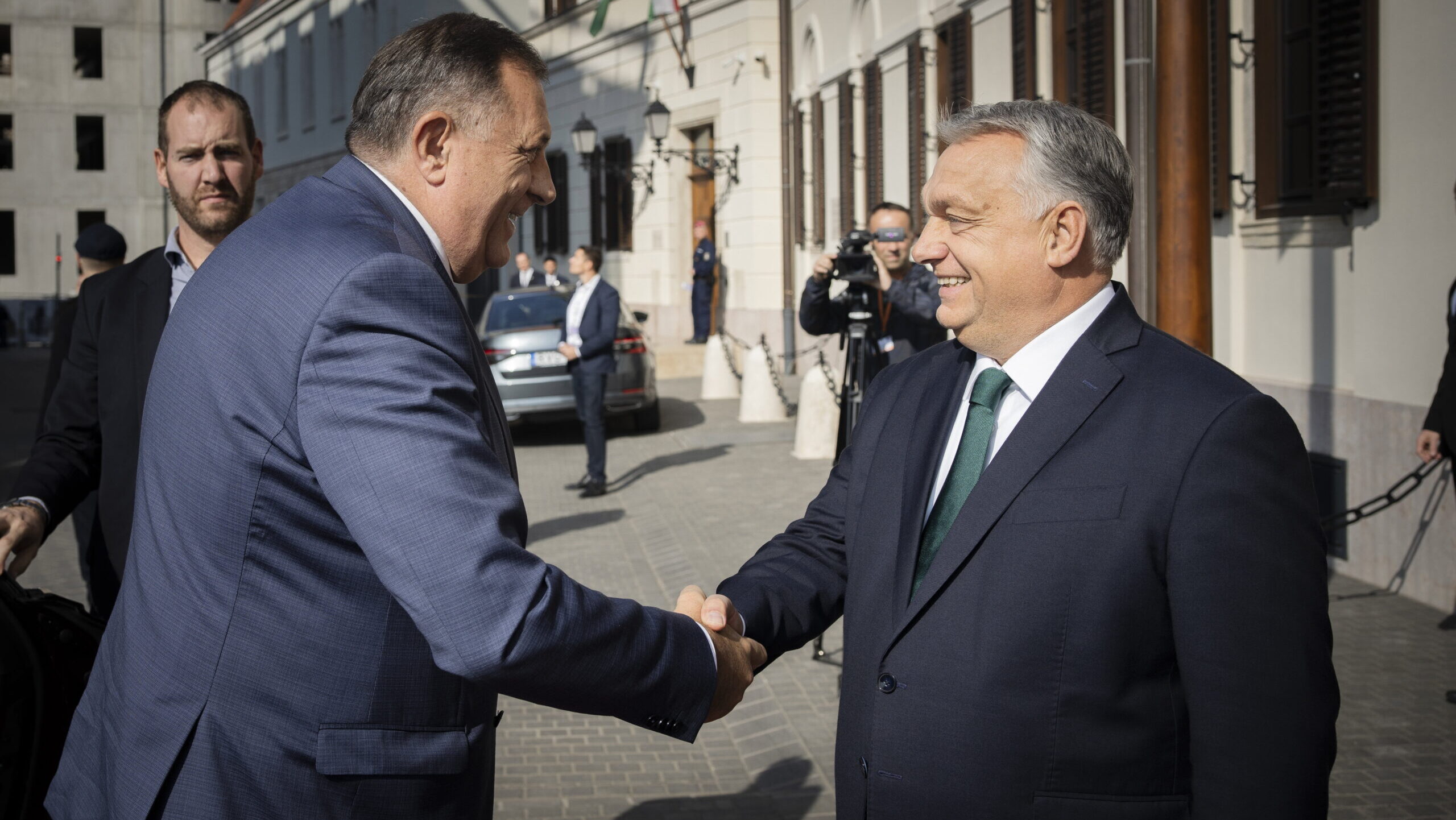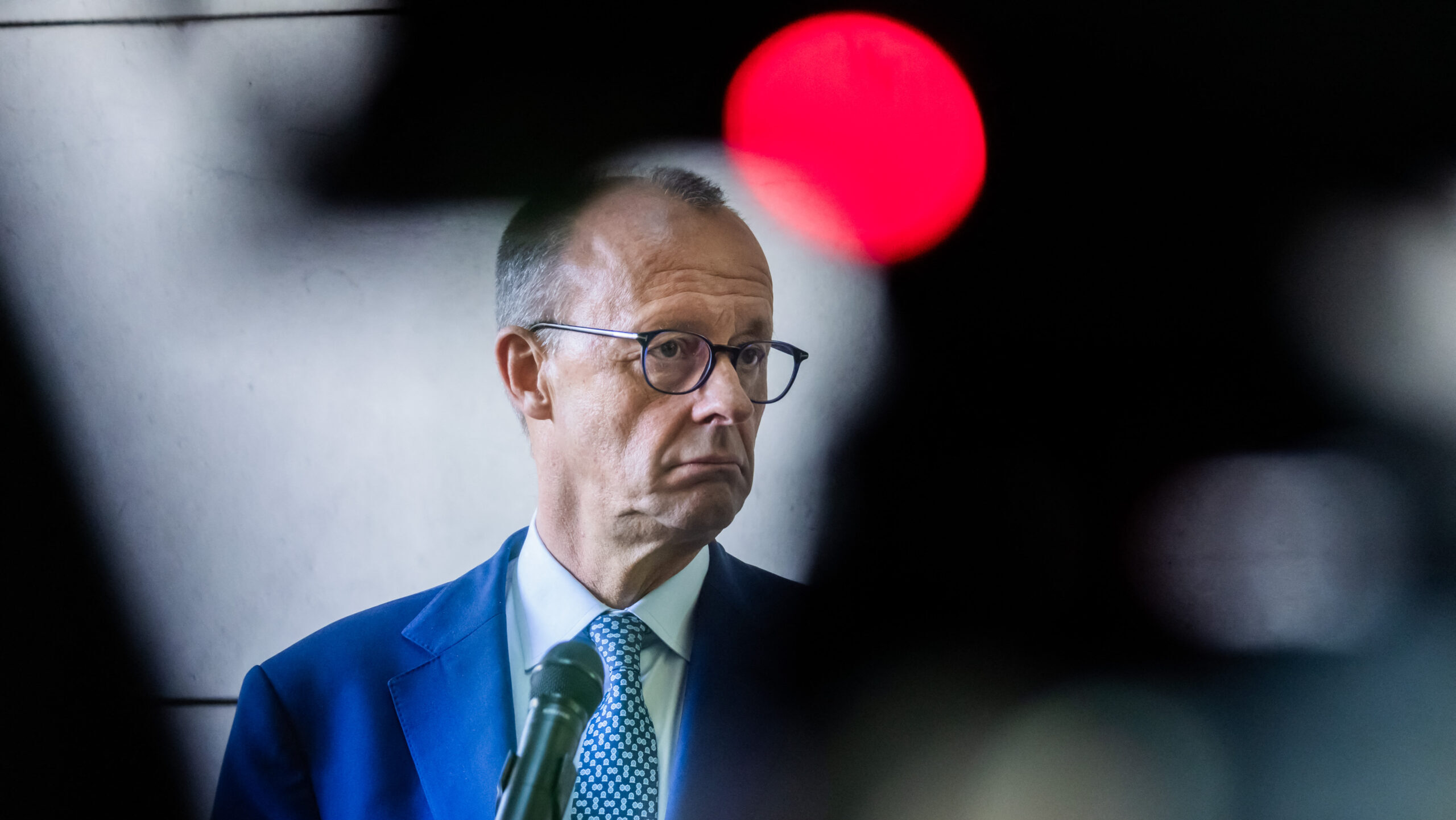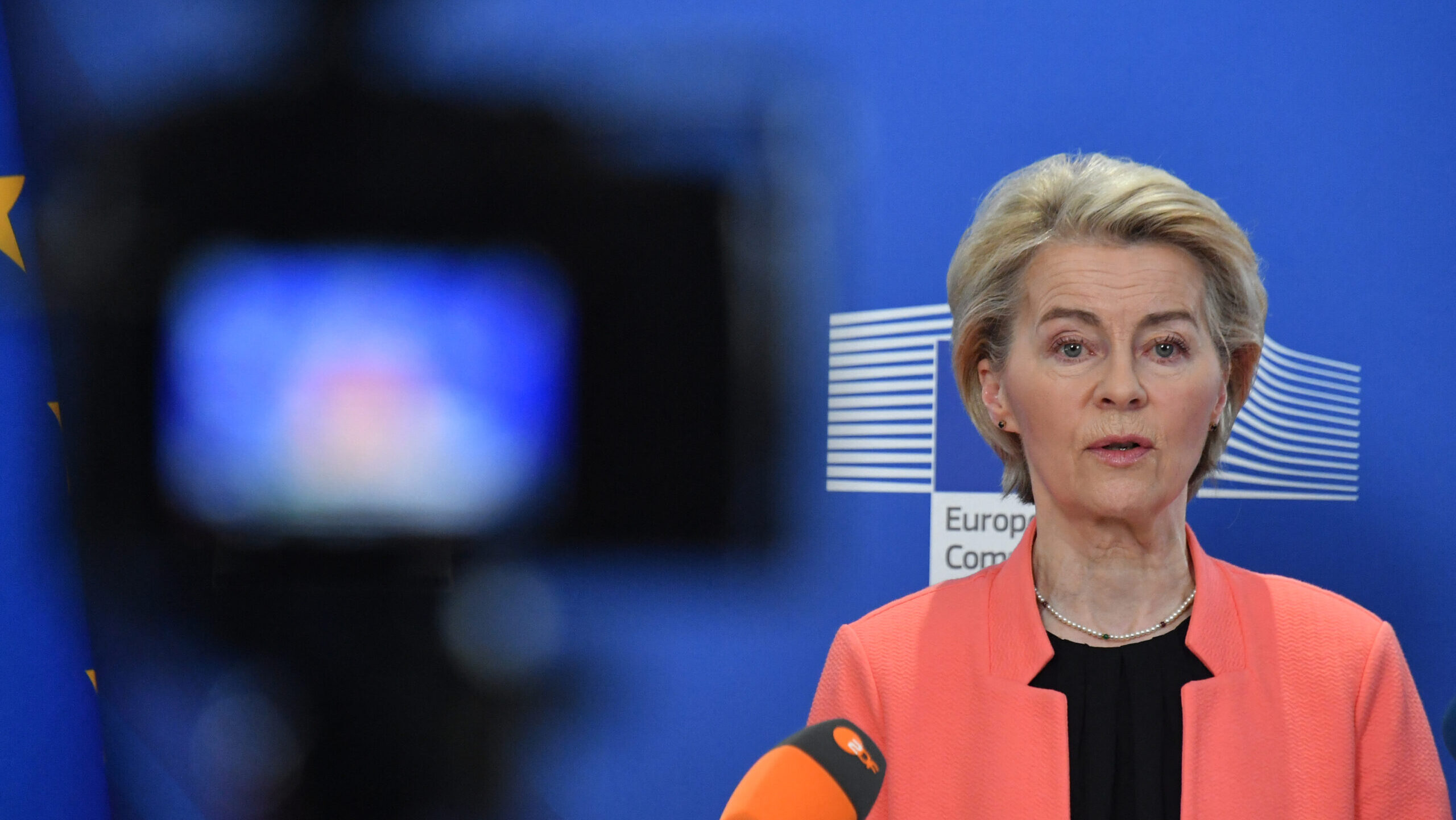
EU Directive Aims to Bail Out Foreign-Funded NGOs After USAID Fall
As USAID’s activities—and its shady tactics of foreign interference—are increasingly becoming just a bad memory, the European Union is stepping in to bail out the network of NGOs previously funded by the American federal agency. Through a new directive, Brussels plans to establish so-called European Cross-Border Associations, which would provide foreign-funded NGOs with a protective shield.


